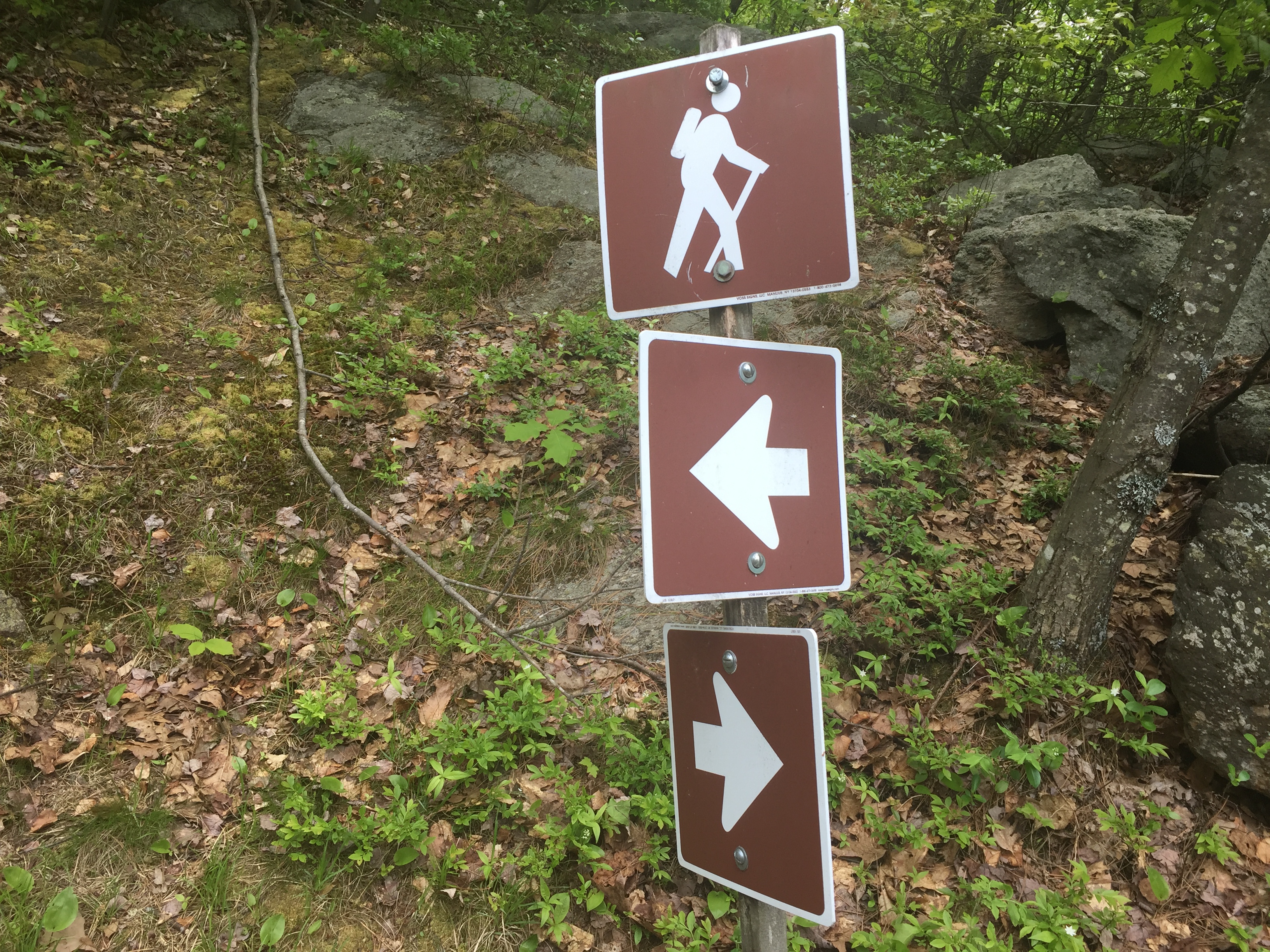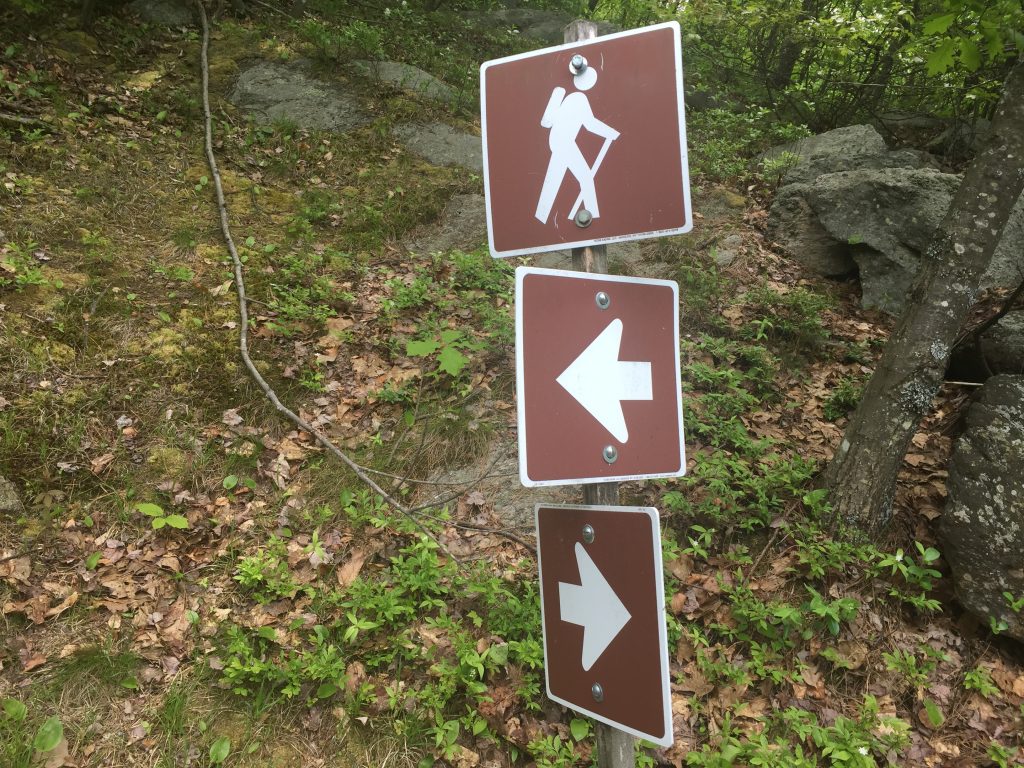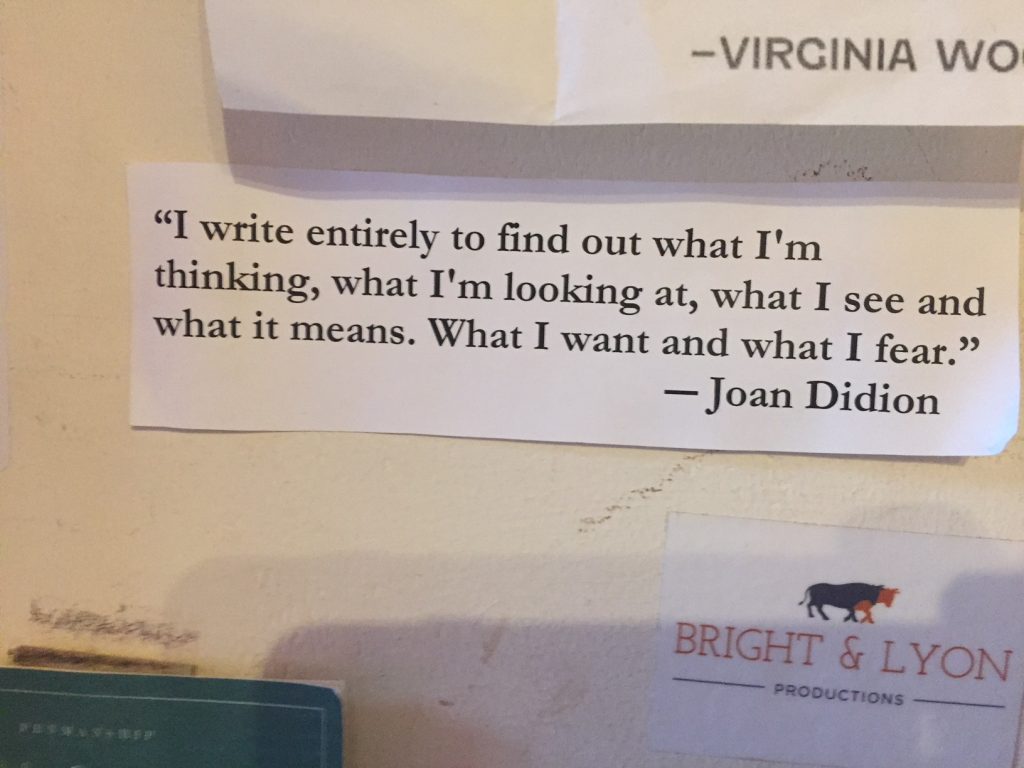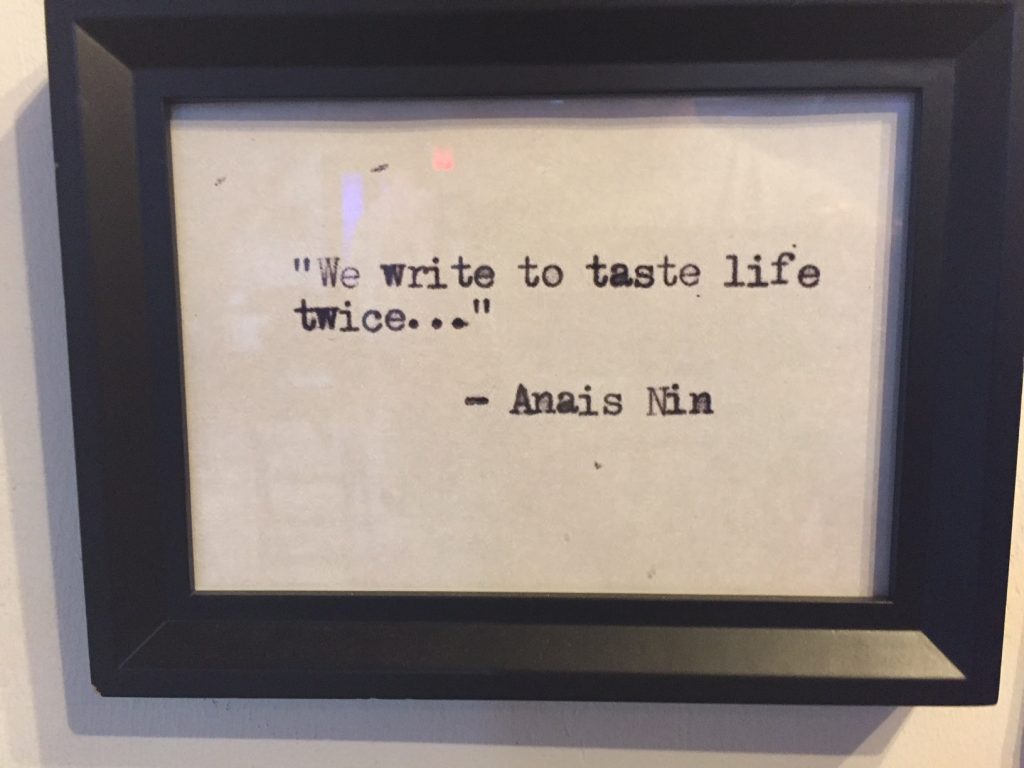“Virtual space is a place to explore identity.”
—Sherry Turkle, Reclaiming Conversation: The Power of Talk in a Digital Age (2018)
The other day my friend Marie visited this blog, The Far Field, and then sent me an email. “You always make the reader feel welcome,” she wrote, “and on your site it’s as if the world had slowed down. It’s a nice place to visit.”
I’m interested in this description of the practice of writing on a web log as a way of slowing down–of thinking aloud, learning through exploration, making connections, and organizing the activity of the mind at work. This creative discipline of forming sentences and paragraphs, with perhaps the incorporation of other media, brings me back to one of my digital inspirations, the Hoarded Ordinaries project. “Writers, like children, are not dissuaded by the uselessness of hoarded ordinaries,” Lorrianne observes”; instead, we cultivate a collector’s sense, trying to capture mundane moments on a string of words.” After all, reading and thinking, observing and writing, are deliberate activities. They slow us down.
At the same time, Marie’s comment has me thinking about the writing I do with my students—short-form essays on my course blogs written to create time and space to slow the fast-paced obligations and responsibilities of my professional life. In thinking and writing it is as if time indeed slows, as if eddies form in the flow, capturing an ordinary, or maybe extraordinary, happening in teaching and learning. Might a course blog, too, be a nice place to visit?
Increasingly our minds are less focused—or so we tell ourselves. We are distracted, we say, by technology and the hyper-pace of modern life. Our attention to the things happening outside of our heads leaves us less attentive to the ways that attention shapes us. More importantly, our attention is increasingly appropriated in public and, more and more, in digital space. As Mathew B. Crawford writes in a fabulously interesting book, The World Beyond Your Head: On Becoming an Individual in an Age of Distraction, “our predicament is that we engage less than we once did in everyday activities that structure our attention” (23). Crawford is interested in skilled practices that establish what he calls “ecologies of attention.” His larger claim is that our environment constitutes the self and that attention to the world beyond our heads is at the center of this formative process.
What I find most useful in this line of thinking is a potentially more capacious and generous approach to our increasingly mediated lives. Blaming technology for appropriating our attention simplifies what is a far more interesting and enduring idea that the self is autonomous and striving to free itself by controlling the external world. Crawford calls this “autonomy talk,” with roots in Enlightenment epistemology and moral theory
which did important polemical work in their day against various forms of coercion. Times have changed. The philosophical project of this book is to reclaim the real, as against representations. That is why the central term of approbation in these pages is not ‘freedom’ but ‘agency.’ For it is when we are engaged in a skilled practice that the world shows up for us as having a reality of its own, independent of the self. . . . (27)
One of Crawford’s interests is how when someone is engaged in a skilled practice the world shows up, as it were. Skilled practices are deliberate, and even when fast-moving, or dynamic, depend upon a kind of slowness. The ways we frame our relationship to the world in terms of freedom and constraint are as persistent as they are debilitating.
When we write, too, we are attending to the world. But if we think with the fiction of writing as a solitary practice or private act, we are thinking again with the idea of the self is autonomous and striving to free itself by controlling the external world. Sitting and writing in solitude we obscure writing as an embodied practice at once socially and historically situated.
Before Marie wrote to me I had a vague idea that the writing I was doing on my course blogs was what some people call a “flipped” classroom. But the flipped strategy flops as a description of what is actually going on when I write with my students about the literary and cultural materials we are studying together. For the challenge is to understand the social and rhetorical activity of writing through asking students, as well as myself, to to think with these materials on the open web.
If writing is a way of learning, and we are asking our students to write in the open, then we should be writing to learn about the practice of teaching, and we should be doing so in the open as well. If in fact virtual space is a place to explore identity, then we should join our students in this exploration.
Writing on the open web begins with the very real possibility that the words you are putting together might actually be read. When we write we are always writing for particular purposes (even though we may not always be clear what those purposes are) and in shaping words we are putting together for imagined or unanticipated audiences; and we are always writing with the words and ideas of others, using existing strategies and genres and tools. In addition to understanding writing as a collaborative activity there is important work in understanding what writing does—or can do. The idea that writing is a way of one’s sharing understanding of one thing or another underscores writing as a constitutive activity. Writing is poetic in the fundamental sense that when we write we are building and constructing ideas through the act of thinking. And because writing is a cultural activity that mediates the process of thinking, writing might be understood as a way of claiming the contents of one’s mind.
Thinking aloud about ideas and materials with students—for me most often the words of a poem, a sentence or paragraph of student writing, a surprising turn in class, or a reflection following a class meeting—has become a practice of thinking about what I am doing, and why, in medias res. Might a teaching philosophy emerge in the network of relations of each unique group of students rather than a statement written antequam aliquid incipit? Might methods of teaching be predicated less on mastery and expertise and more on discovery? Might we resist habit and routine by implicating ourselves more fully in the activity of teaching as learning through writing with our students about the subject we profess?
In so doing, teachers build networks of connections beyond the timelines generated by algorithms that filter and present virtual reality in a ready-made stream. Teachers model for students learning beyond the closed design of learning management systems. And teachers guide their students in understanding their complicity in the accelerated streams of social media platforms designed to surveil and to sell. If we are going to argue for a poetics of digital identity, fluency, and citizenship as necessary elements of twenty-first century learning then teachers should be building their own identities, fluencies, and citizenship.






